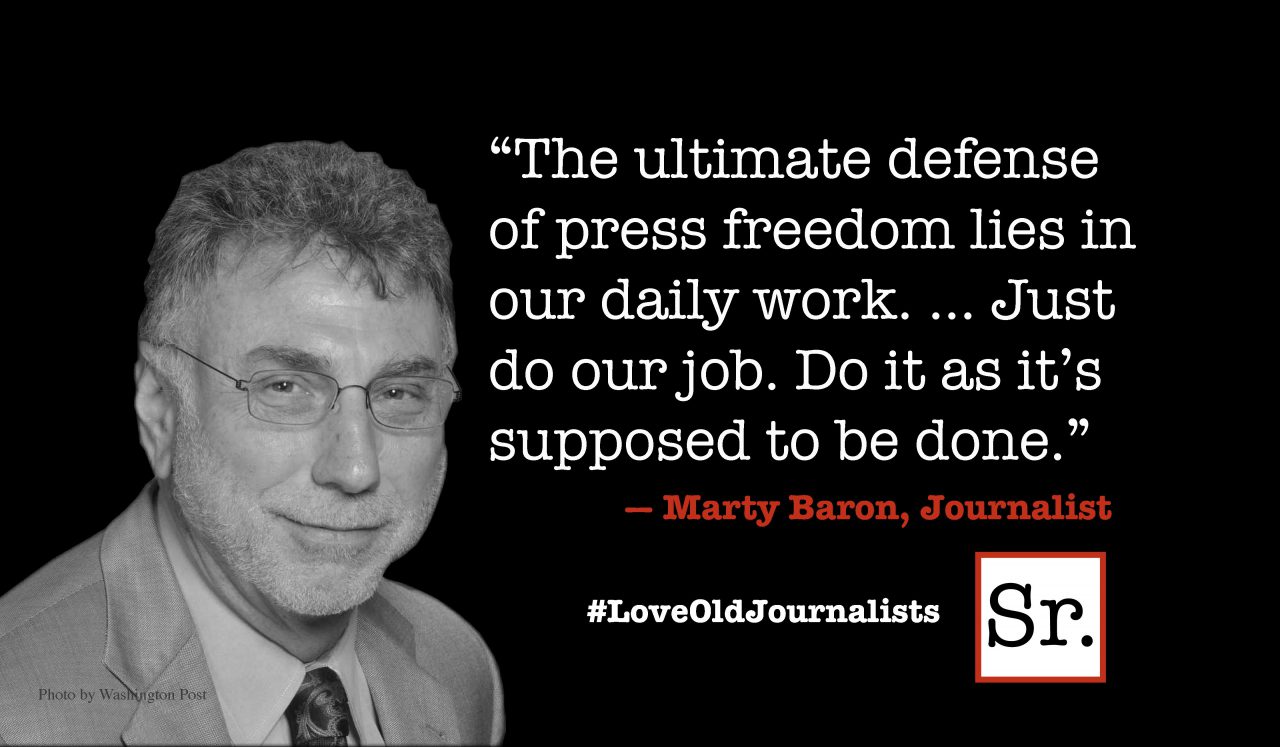Senate Republicans are vehemently opposed to consumer protections while concurrently rejecting any restraints on Wall Street’s documented predations. This is bizarre behavior in the extreme. Senator McConnell and his cohort of Senate critics have yet to credibly reconcile the inherent contradiction between the two positions.
The President recently gave a recess appointment to Richard Cordray as the new director of the Consumer Financial Protection Agency. Howls of protest from Republicans were incandescent. Weighing in from the campaign trail, Republican presidential candidate Mitt Romney regarded the appointment as “the worst in Chicago-style politics.” A President Romney might abhor this particular appointment. However, if political expediency compelled an appointment under similar circumstances during a Romney Administration, it is highly likely he would make a similar decision.
Republicans on Capitol Hill, as a governing class of politicians, are opposed to policies or legislation that benefits or protects the middle class in any material way. Many Americans support greater consumer protections and do not understand the vehemence of the opposition in the Senate. They will have an opportunity to render their verdict against those opposing senators up for reelection in November.
Second, the idea that the lending practices of the country’s major financial institutions contributed to the collapse of Wall Street or the collapse of the middle class engenders cognitive dissonance among Republicans in both houses of Congress. This is not a blanket indictment of all Republicans because most of them are consumers and share the same angst and middle class aspirations as everyone else.
A matter of general concern is that many Republican members of the Senate appear to fear the very electorate that puts them in office. Or perhaps they fear the consequences of ignoring the needs of this electorate.
The intensity of the Republican opposition to the consumer protection bureau threatens to reignite a debate we frequently have in this country. That debate centers on the question, “what kind of capitalism do we want?"
Let’s clarify what we mean by consumers whom the Republicans fear. Consumers are our friends, family members, neighbors and colleagues. Many of them teach our children and are first responders during emergencies. They are students attending for-profit colleges. They are also members of our active duty military serving multiple tours in a war zone while family members struggle to make ends meet at home, often with fewer resources.
Consumers are independent business owners working from home and small business owners refused loans by local financial institutions. Consumers are also single heads of households, the elderly, the unemployed, and the poor — favored targets of payday and other predatory lenders.
Moreover and of singular consequence, they are voters. They are the American electorate — past, present, and future. Opponents of consumer protection oppose these citizens at their peril.
Senate Republicans assert that a consumer protection agency is unnecessary and that it has too much power. Should there be limits on protecting our citizens? Ironically, the same Republican senators abhor setting limits on tax breaks for the wealthy, or limits to the share of our national treasure the rich are allowed to acquire at the expense of the rest of society. These practices, the laws that protect the benefits of the rich, they argue, do not foster class warfare. Senate Republicans, therefore, are defensive about charges their fealty is to the 1 percent. Their favored response is to assert critics of income inequality are the ones promoting class warfare. Just recently, governor Romney, in response to a question, suggested Americans are envious of his wealth.
Republicans vociferously claim that the rich are job creators but they assiduously avoid providing evidence of jobs created over the past decade.
The economic and financial condition of the average American today is testimony to the need for temporary protection. Consumers did not deregulate the financial industry over the past several decades unleashing the raw avarice and greed that plundered the economy. More accurately, they were the helpless bystanders to an orgy of rapine by the corporate and financial elite without parallel in most living memories. Consumers are concurrently the victims and, a taxpayers, the paymasters that came to the rescue of Wall Street.
A $16 trillion dollar bailout was the safety net made available to the robber barons on Wall Street. Consumer protection, on the other hand, is not a bailout. Let’s be clear about that. It is a set of guidelines that inhibit questionable financial practices while consumers seek to understand legal contracts and rebuild their finances and their lives. Where is the unfairness to private capital?
The financial industry’s singular interest is to preserve the obscene profits deregulation encouraged; profits extorted largely from consumers. Huge profits beget huge bonuses. Huge bonuses beget campaign contributions Republicans depend upon for their political survival.
Consumer protections do impose reasonable restraints. Wall Street says they are bad for business, but proffer no proof of that claim. Again, the real question for the rest of us has to do with the kind of capitalism we want in this country: Socialism for the rich and predatory, unregulated, screw-everyone-else capitalism for the rest. This is also the world of Mitt Romney — which explains his hostility to consumer protections.
Consumers, contrary to current Republican orthodoxy, do not oppose capitalism — they support it! Unbridled capitalism that lays waste to the consumer economic landscape is not good for business and stifles economic growth. Senate Republicans are not businessmen and businesswomen; they are greedy politicians who do the bidding of others.
Look at America today. We have a vast and growing bifurcation between the haves and the have-nots, with little in between. Growth projections for the economy this year are an anemic — 1.2 percent. Even this scenario has to factor in that consumers also vote. Many Republicans, most notably in the House, are justifiably concerned they will be called to account for their assault on the American consumer.
An imperative for the average elected Republican at all levels of government should be to support policies that remove obstacles to the economic and social progress of his or her constituents. A safe bet is that a consumer with a living wage, opportunities, and a belief in the fairness and openness of this country, has little interest in public protest.
Industrious, well-paid Americans building a future also “invest in their training and education, which drive up returns for their employers, and buy products and services, which helps sustain the consumer economy” notes Bart Van Ark, chief economist at the Conference Board. Here is the crux of the problem.
Over the past three decades, a Congress (most notably Republicans) increasingly distant from Main Street has promulgated legislation that is squeezing the middle class out of existence. Republicans in the Senate callously forget that it was the middle class consumer that gave us decades of post-World War II prosperity. The 1 percent is doing fine and the rest of society is on life support.
Republicans don’t like talking about this outcome for fear of losing campaign cash from their benefactors. Then, there is that small thing called accountability for perpetuating the income inequality that ranks at the top of voter concerns today. In fact, it was concerns over rising income inequality that gave voice to the rage of the 99 percent and the birth of the Occupy Wall Street movement.
Prior to the Reagan presidency, some Republican legislators may have been able to relate to the lifestyles, the concerns, and the hopes of their constituents. Their personal financial statements may have resembled some of their neighbors. They understood the exigencies of the struggle to obtain the means to survival. This is less so today. There is too much money in politics — that is the reality that trumps consumer protection and that threatens to destroy our democracy.
It is increasingly evident that Republicans in the Senate — and a few of their more conservative Democratic brethren — do not appreciate the force, the scope, and the complexity of the fears in middle class America today. “One in six Americans now live in poverty” according to a recent report by the U.S. Census Bureau. “Real median household incomes dropped 2.3 % in 2010 from the year before”, the report states.
American consumers are not asking for handouts, as many Republicans conveniently assert. They are asking for fairness, consideration, and an opportunity to provide a secure present and future for their families.
They want the promise of the American dream to work for them as it did for the generations that preceded them. That promise includes elected officials capable of balancing the requirements of the electorate with those of financial benefactors.
This outcome is vastly preferred to the cataclysm looming over the horizon.









